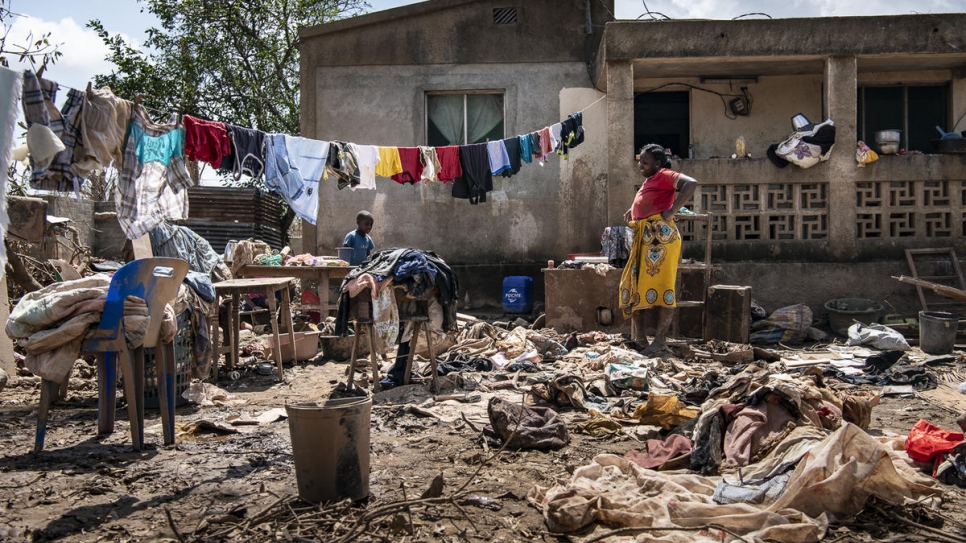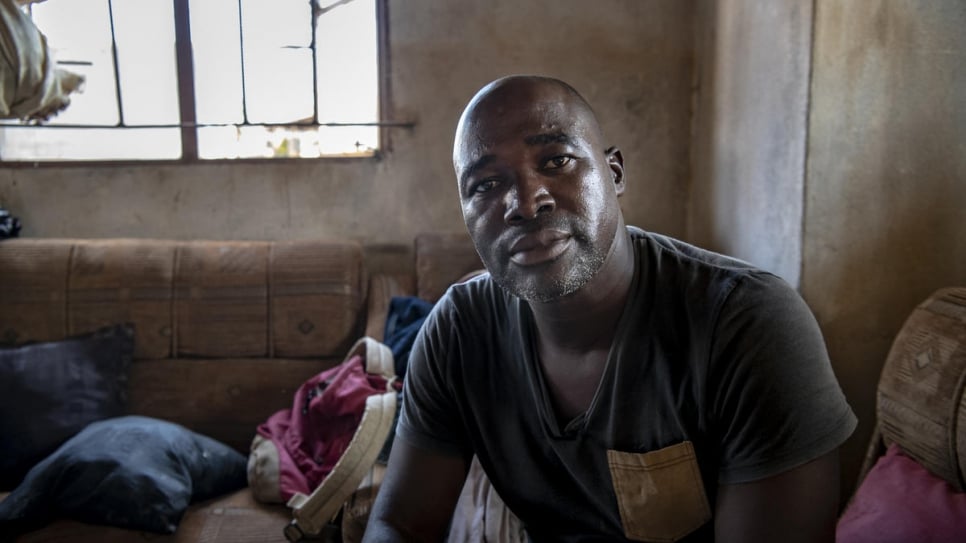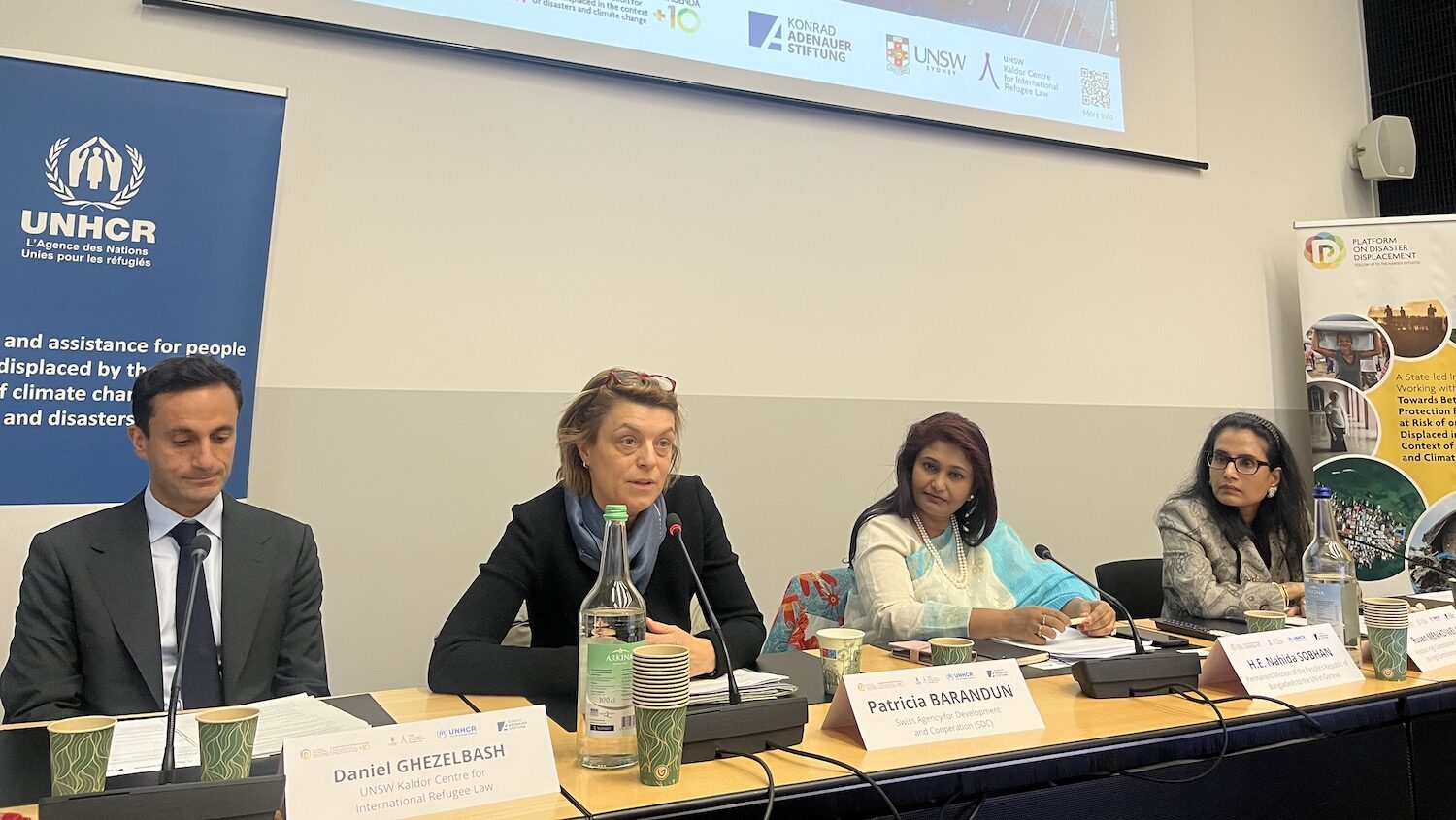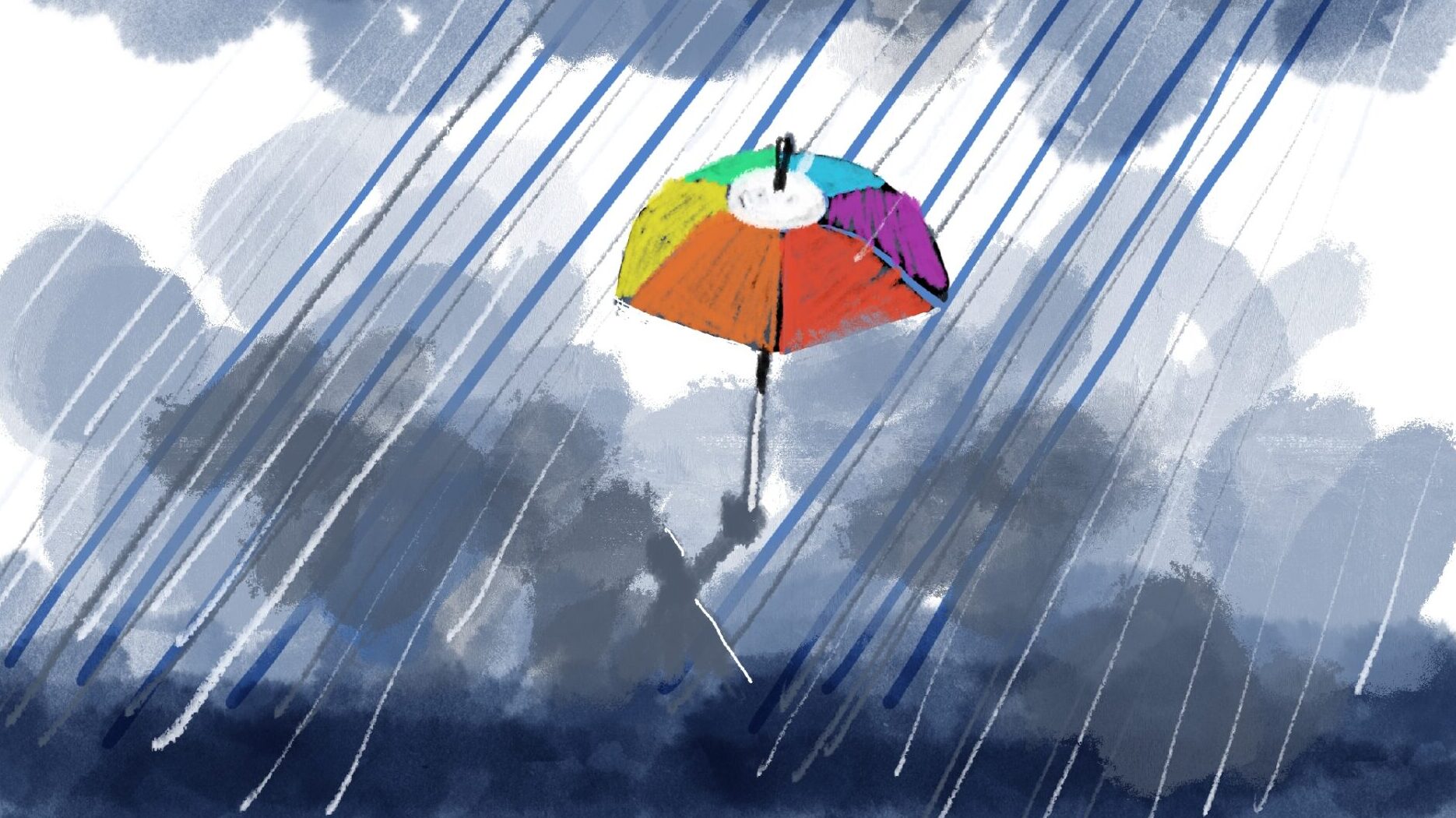Cyclone Idai survivors struggle to rebuild devastated communities


Manuel, Antonio’s neighbour was not so lucky. A wooden doorframe is all that remains of his house. When the floodwaters rose, they melted away the mudbricks. His family were forced to shelter on the roof of a nearby bar for seven days before they were able to return.
Nearly three weeks after Idai’s rampage, Buzi remains cut off from the nearest major town, Beira, as the roads have either been washed away or are covered in debris. Helicopters fly in life-saving aid, but they can only carry so much, and the needs vastly outstrip what humanitarian organizations are able to deliver.
Last week, UNHCR, the UN Refugee Agency, airlifted some 80 tonnes of life-saving aid to Mozambique, including shelters, blankets, mosquito nets, solar lamps and plastic sheeting to help around 10,000 of the most vulnerable survivors get back on their feet. Distributions are ongoing, and staff are ensuring the most vulnerable survivors are living in safety.
Meanwhile, amid widespread shortages, the price of food has rocketed. It will be some time before commercial supply chains can be restored and shops can properly restock. Rice now sells in Buzi for up to five times as much as it did just three weeks ago. The cyclone hit at the end of the growing season, destroying some 711,000 hectares of crops and leaving farmers with no money to buy new seeds. There is now a real risk of famine in a country that already had one of the world’s worst rates of child malnutrition.
“What we need now is food,” says Antonio. “We don’t have food here. My kids go climbing up and down trees looking for coconuts. But that’s not enough. I received a half cup of beans, but I have many family here. They all look at me and say ‘do something.’ It’s very hard you know, it’s like I’m failing to be a good father.”
“Many people are getting sick here. There is no water for us to drink.”
With wells supplying drinking water soiled and latrines filled with mud, a cholera outbreak is presenting a fresh threat in cyclone-stricken areas. Already, more than 1,000 people have been diagnosed with the potentially-fatal disease, according to government reports. Oral vaccines have been flown in to the country but until they are administered, some are left with little choice but to consume contaminated food and water.
“Many people are getting sick here,” says Antonio. “There is no water for us to drink. I wonder what’s next for us because this water comes with different diseases. By consuming this kind of water, people are vomiting, they are having a problem with their stomach. It’s no joke the things that are happening here.”
People are anxious for what the future holds. Some have decided to leave Buzi, fearful that this will not be the last time the town sees extreme weather. In total, around 150,000 people are living in displacement sites in Mozambique, either unwilling or unable to return home.
“Every year it’s getting worse,” says Vito, a primary school teacher. “Every year it gets hotter and wetter. There’s nothing left in Buzi. I can’t bring up a family here.”
Learn more about the UN Refugee Agency




